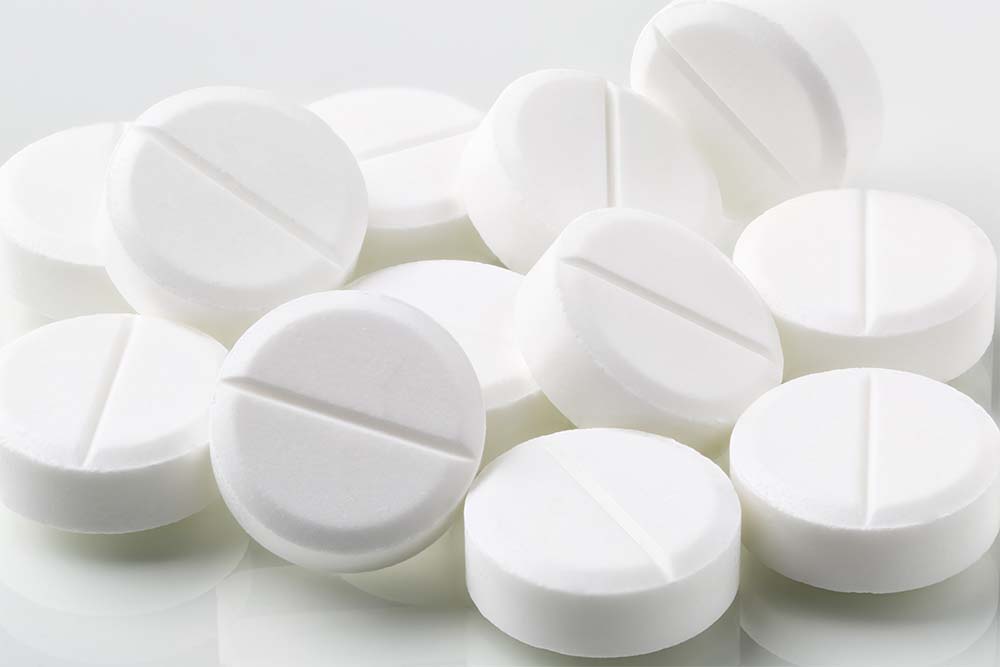Alcoholism, or alcohol use disorder (AUD), is a chronic medical condition characterized by uncontrolled alcohol consumption, fixation on alcohol, physical/emotional side effects, and continued use despite negative consequences. Understanding one’s relationship with alcohol is a crucial aspect of maintaining a healthy and balanced lifestyle.
This assessment is designed to help you reflect on your alcohol consumption habits and recognize potential signs of alcohol use disorder. It’s important to note that this is not a diagnostic tool; rather, it serves as a self-assessment to prompt awareness and reflection. Remember, seeking professional advice is essential for accurate evaluation and personalized support.
Alcohol use disorder (AUD) is a medical condition marked by problematic alcohol consumption that leads to impairment or distress. It requires meeting two of these criteria in a 12-month period:
Moderate drinking, as per the NIAAA, is considered just 1 drink a day for women at most and 2 drinks a day for men. Heavy drinking criteria is five or more drinks (males) or four or more drinks (females) in a day, or more than 15 drinks per week (males) or eight drinks per week (females).
Binge drinking is defined as a state when your blood alcohol consumption is at least .08 percent. This is usually 5 or more drinks for men or 4 or more drinks for women within a 2 hour period. Finally, high-intensity drinking is considered drinking alcohol 2-3 times more than the binge drinking limits. Those who drink at these levels are 70 times more likely to have to go to the emergency room due to drinking.
Today, more than 84 percent of U.S. adults over the age of 18 report that they have drank alcohol at some point in their lives and nearly 50 percent have had a drink in the last month. Within a month, over 21 percent reported a binge drinking session and over 6 percent drank heavily.
About 15 million American adults struggle with alcohol use disorder. According to the NIH, in 2019, an estimated 14.1 million adults aged 18 and older were estimated to have AUD, highlighting the need for awareness and intervention.
Many people believe that addiction is caused by a person’s moral weakness or lack of self-control. In reality, medical research has proven that addiction is a complex brain illness that can affect any person, regardless of their character, strength, or lifestyle. Oftentimes, individuals with great strength and motivation give in to addiction and willpower alone is not enough to prevent relapses.
There are many factors that can contribute to addiction that are not related to willpower or choice. Genetics, age of first use, history of trauma, lack of social support, access to substances, brain changes and unstable psychiatric disorders such as bipolar disorder, schizophrenia, depression, anxiety and ADHD can all increase the risk for continued alcohol use and make it more difficult to stop.
Additionally, you don’t need to hit “rock bottom” to be diagnosed with an alcohol addiction. Many people struggling with alcohol use are very functional and able to continue working and even excel at their jobs. Their issues with alcohol may affect other areas of their lives or their condition may not have progressed to a point of life impairment.
Alcoholism is a real mental health problem. To get better, it’s important to have therapy or medical help. While some people can quit or moderate without intervention, this is not the case for many and trying to manage it alone often leads to relapse.
A person with a mild drinking problem can still fulfill their responsibilities. Therefore, they may not feel inclined to address their drinking habits. However, many who struggle with alcohol already have some symptoms that can increase the risk for becoming an alcoholic or worsen current symptoms. Medical providers use a screening tool called the CAGE assessment to help see if treatment would be an appropriate next step. Outlined below is the assessment.
If you answer 2 or more with “yes” then you most likely would benefit from a comprehensive assessment by a provider.
Effective AUD treatments are available. These involve talk therapy to help build coping strategies and skills to stop or reduce drinking. It can also include medications. Three drugs have been approved by the FDA to reduce cravings for alcohol: naltrexone (as a pill or long-lasting injection), acamprosate, and disulfiram. These medications can help people with AUD overcome their cravings and avoid resuming problematic alcohol use. All are non-addictive. Acknowledging the issue, overcoming stigma, identifying triggers, managing cravings and setting tailored recovery goals are crucial steps in managing alcoholism.
1. What’s the difference between “functioning” and “non-functioning” alcoholism?
Those who can function with alcohol use disorder maintain daily life routines and meet role obligations. They are able to work and maintain relationships.
People who struggle to keep a job or maintain a relationship may have a severe form of AUD. This condition greatly impacts their ability to function in daily life.
2. Can a “functioning alcoholic” moderate their drinking without quitting completely?
Some people struggling with excessive drinking may be able to moderate on their own, but it’s complex and risky without professional guidance.
3. How can I support a loved one struggling with alcohol use?
If a friend or loved one is struggling with excessive drinking, offer encouragement and suggest professional help while being patient and non-judgmental. Read more about how you can help your loved one with our e-book “How to Help a Loved One Struggling with Substance Use Disorder“.
4. What are the typical barriers to seeking help for a “functioning alcoholic”?
Obstacles to seeking help for an alcohol addiction might include denial, fear of judgment, lack of awareness about resources, and low motivation/ambivalence about reducing or quitting drinking.
5. How can employers support employees struggling with alcoholism?
If one of your employees is struggling with alcoholism, Provide Employee Assistance Programs (EAPs) can be helpful for providing services or referrals for treatment. Additionally, fostering a culture focused on employee well-being, prevention of burnout, and open communication can help those struggling with alcohol use disorder.
6. Can a “functioning alcoholic” recover on their own?
It’s possible for some people to control an alcohol addiction on their own, but professional assistance is often necessary for addressing underlying issues and developing coping strategies.
Alcohol use disorder, a complex and pervasive issue, affects millions of individuals in the United States. Understanding its criteria, dispelling misconceptions, and recognizing symptoms are crucial steps in addressing the problem. With support, many issues related to drinking, such as relationship stress, inability to work and physical/mental health effects can be mitigated.
In supporting individuals dealing with AUD, whether functioning or non-functioning, empathy, patience, and non-judgmental encouragement can make a significant difference. By addressing the issue openly we can create a healthier, more supportive environment for those struggling with their drinking. Contact us for more information.
 Alcoholism: A Family Disease
Alcoholism: A Family Disease
 Disulfiram for Alcohol Addiction Treatment
Disulfiram for Alcohol Addiction Treatment
 Alcohol and Depression: A Cycle
Alcohol and Depression: A Cycle